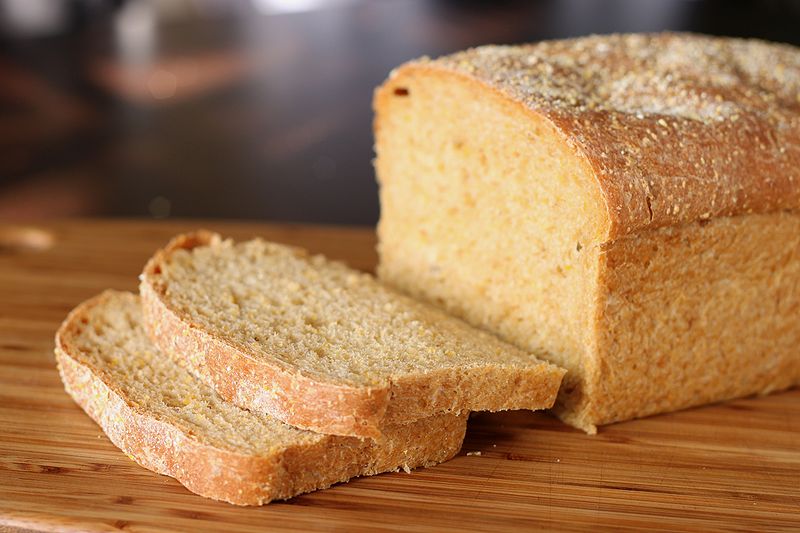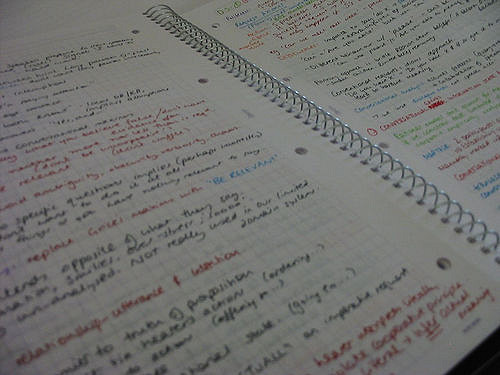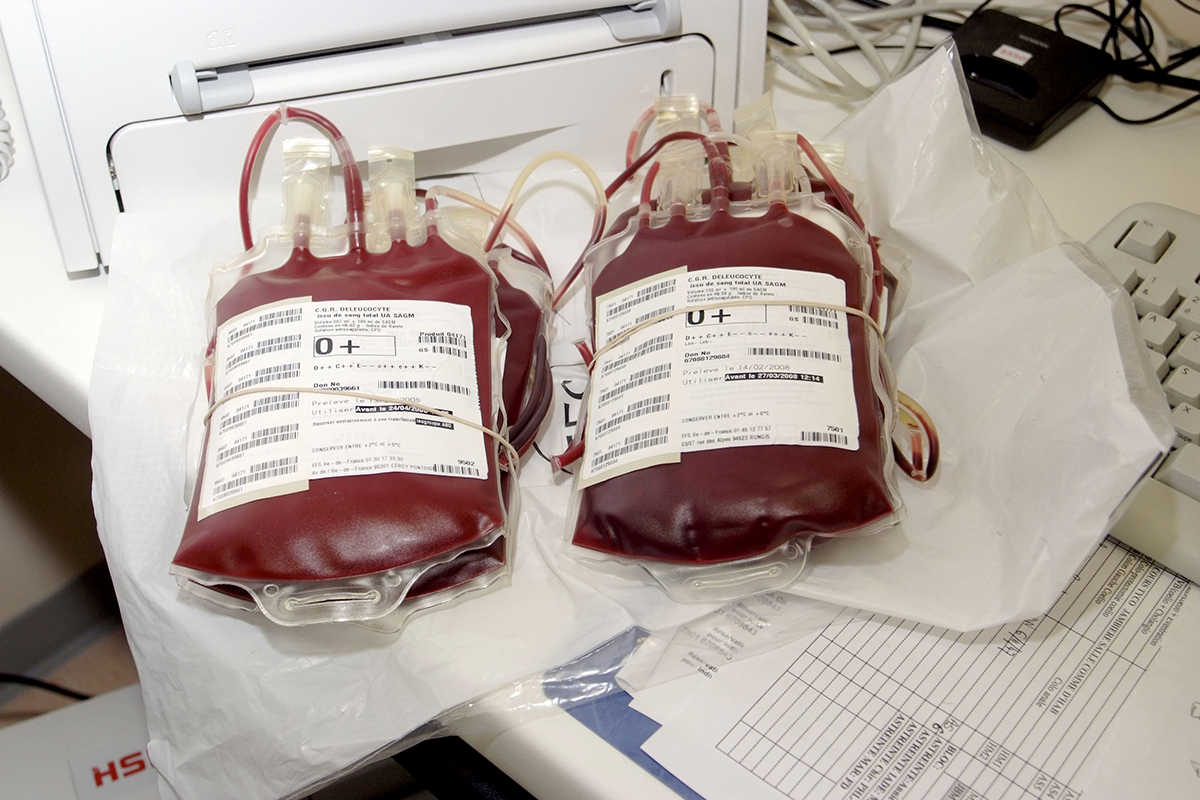In discussions on climate change, people point to cars, air travel, home electricity and heating as major contributors. However, a little known fact is that agriculture contributes around one third of all greenhouse gases globally. Obviously solving the issue is a lot more complex than just asking for people to “cut down on agriculture”, that would be ridiculous but clearly more information is needed on the processes used.
Much is made of the impact that we as consumers can have on the environment. But in truth, we can only affect the consequences post production. A multidisciplinary group in Sheffield, from the university’s Grantham Centre for Sustainable Futures, has produced a detailed breakdown of just one ubiquitous product and its overall environmental effect, the humble loaf of bread.
They used what is known as a life cycle analysis, a tool which offers a “cradle to grave” look at a product from raw materials to the finished article. They then identified major “hotpots” that would be a cause for concern for the environment.
Whilst some hotspots will be clear to people, such as transporting the products and the outputs of farming machinery, a staggering 40% of a loaf of bread’s greenhouse gases are from the fertilisers used. Whilst the nitrates provided are important for promoting the growth of wheat, the excess nitrates used by farmers react and form nitrous oxide or can flow into water sources and pollute the water, potentially harming wildlife. The production of fertilisers also can be included in the overall greenhouse contributions of these fertilisers.
Obviously solving the issue is a lot more complex than just asking for people to ‘cut down on agriculture’, that would be ridiculous
However, it is not as simple as just not using fertilisers full stop. Keeping costs low is only one reason that they are important. There is only a limited space that can be used for farming, and fertilisers help to grow a larger yield of crop in a smaller space. Producing a similar amount of wheat without fertilisers would mean encroaching on to other crop space or to natural ecosystems that are already restricted as it is.
There is extensive research going in to resolve this, firstly you can optimise fertiliser use, not only keeping the excess to an absolute minimum but using them only at key times of the year for crops, as opposed to continually. Duncan Cameron, a co-author of the paper, has said that new technologies need to be combined with the best of organic techniques to help resolve the impact of these chemicals. Finally, responsibility incentives need to be put in place for farmers to reduce the use of such a potent greenhouse contributor.
IMAGE: Wikimedia Commons





